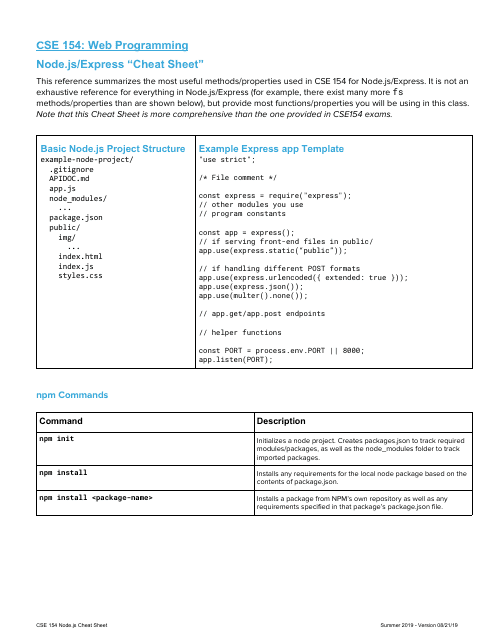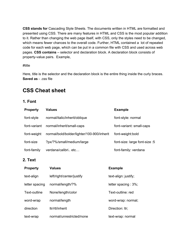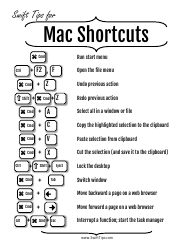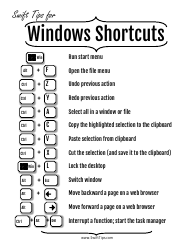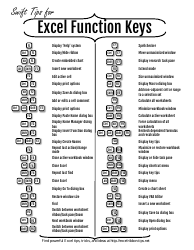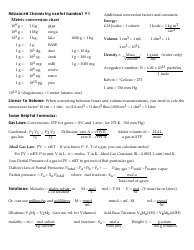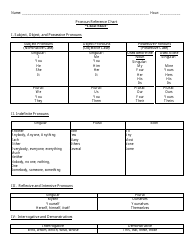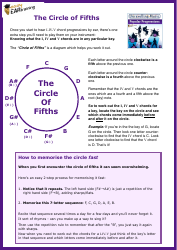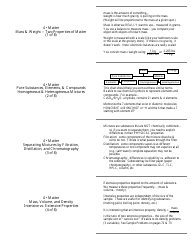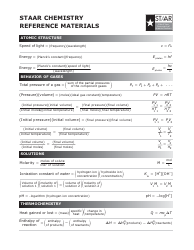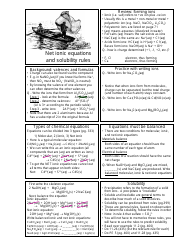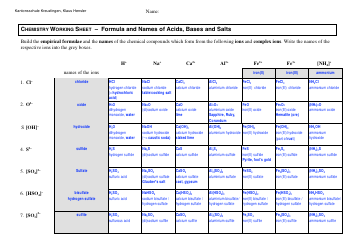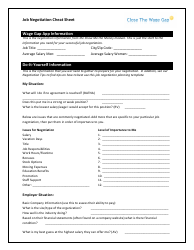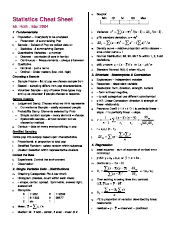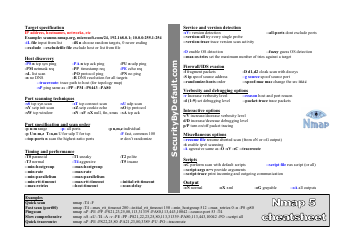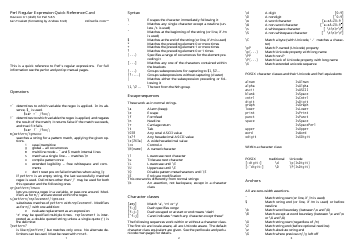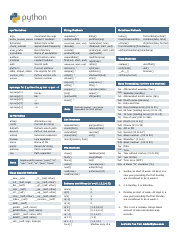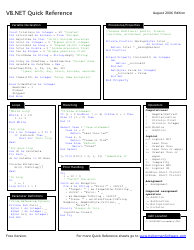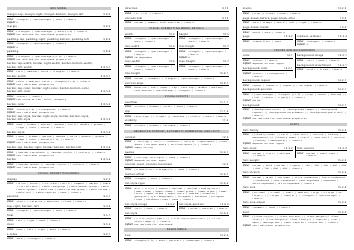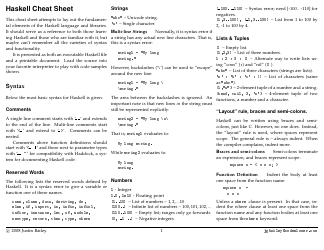Node.js / Express Cheat Sheet
The Node.js/Express Cheat Sheet is a quick reference guide that provides useful information and examples for developers who are working with Node.js and the Express framework. It helps them understand the syntax, methods, and features of Node.js and Express, making their coding process more efficient.
The Node.js/Express Cheat Sheet is a community-driven resource, so there isn't a specific individual or organization that files it. It is usually contributed and maintained by developers and enthusiasts in the Node.js and Express community.
FAQ
Q: What is Node.js?
A: Node.js is a JavaScript runtime built on Chrome's V8 JavaScript engine.
Q: What is Express?
A: Express is a fast, unopinionated, and minimalist web application framework for Node.js.
Q: How do I create a new Express application?
A: You can use the Express generator command-line tool to create a new Express application. Install it globally using npm, and then run 'express
Q: What are the main features of Express?
A: Express provides features like routing, middleware support, template engines, and a simple API for handling HTTP requests and responses.
Q: How do I handle routes in Express?
A: You can define routes using the 'app.get()', 'app.post()', 'app.put()', and 'app.delete()' methods provided by Express.
Q: What is middleware in Express?
A: Middleware is a function that has access to the request and response objects, and can modify or terminate the request-response cycle.
Q: Can I use a template engine with Express?
A: Yes, Express supports a variety of template engines such as EJS, Pug, and Handlebars. You can choose the one that suits your needs.
Q: How do I handle errors in Express?
A: You can define an error handling middleware using 'app.use()' and pass an error-handling function with four parameters (err, req, res, next).
Q: Can I use Express with other frameworks or libraries?
A: Yes, Express can be used with other libraries or frameworks to build more complex applications. It is highly flexible and can be easily integrated.
